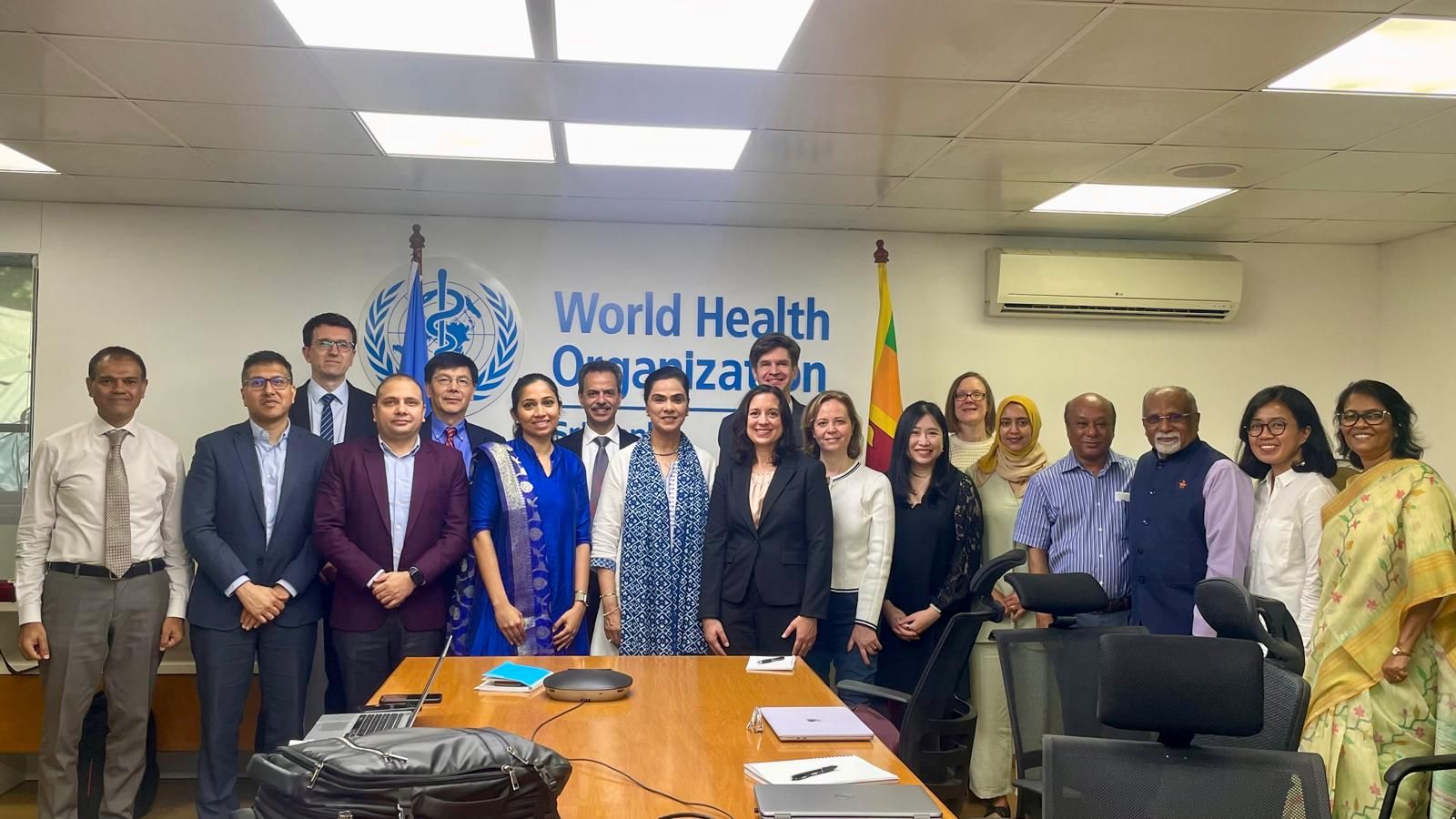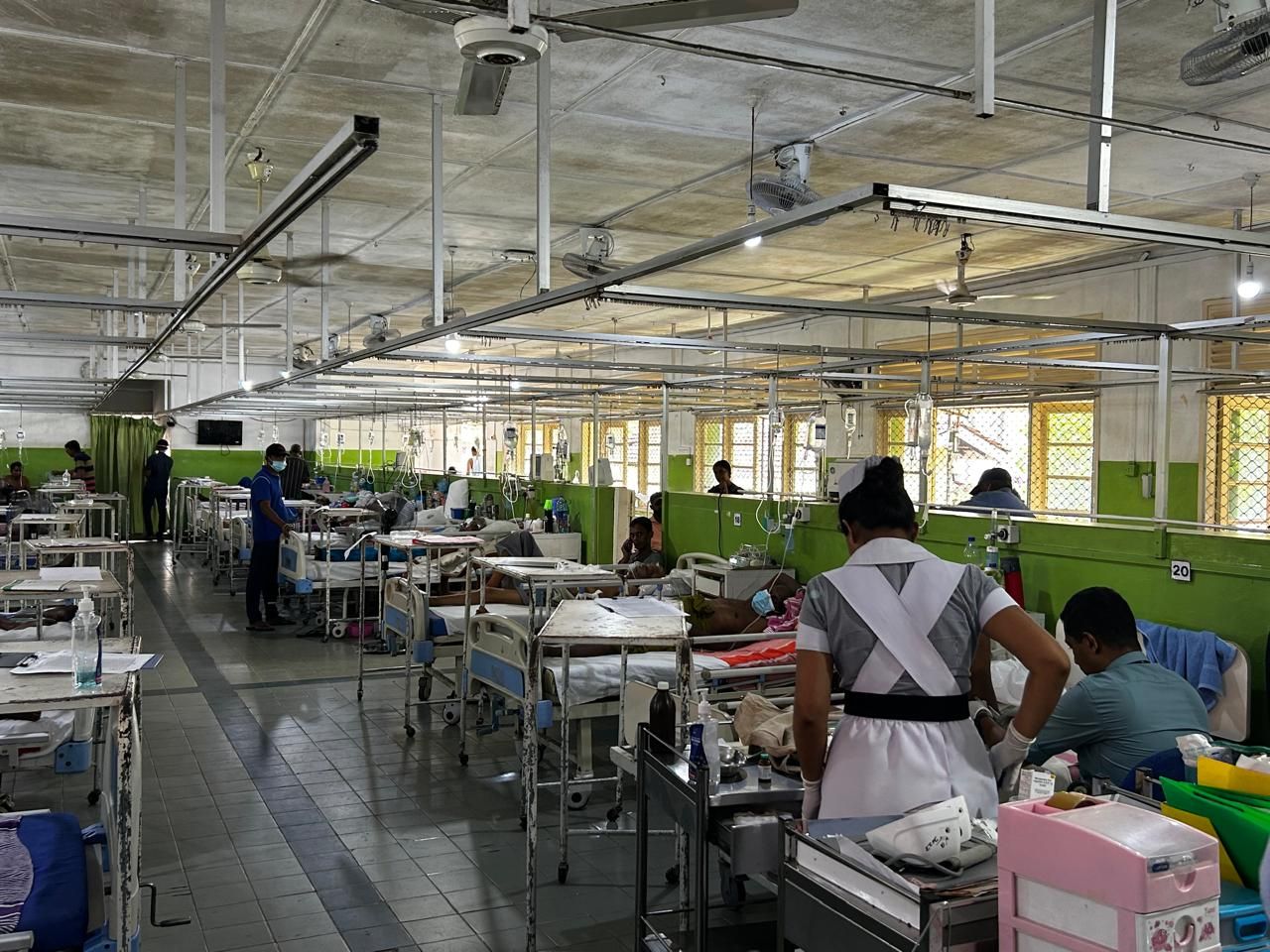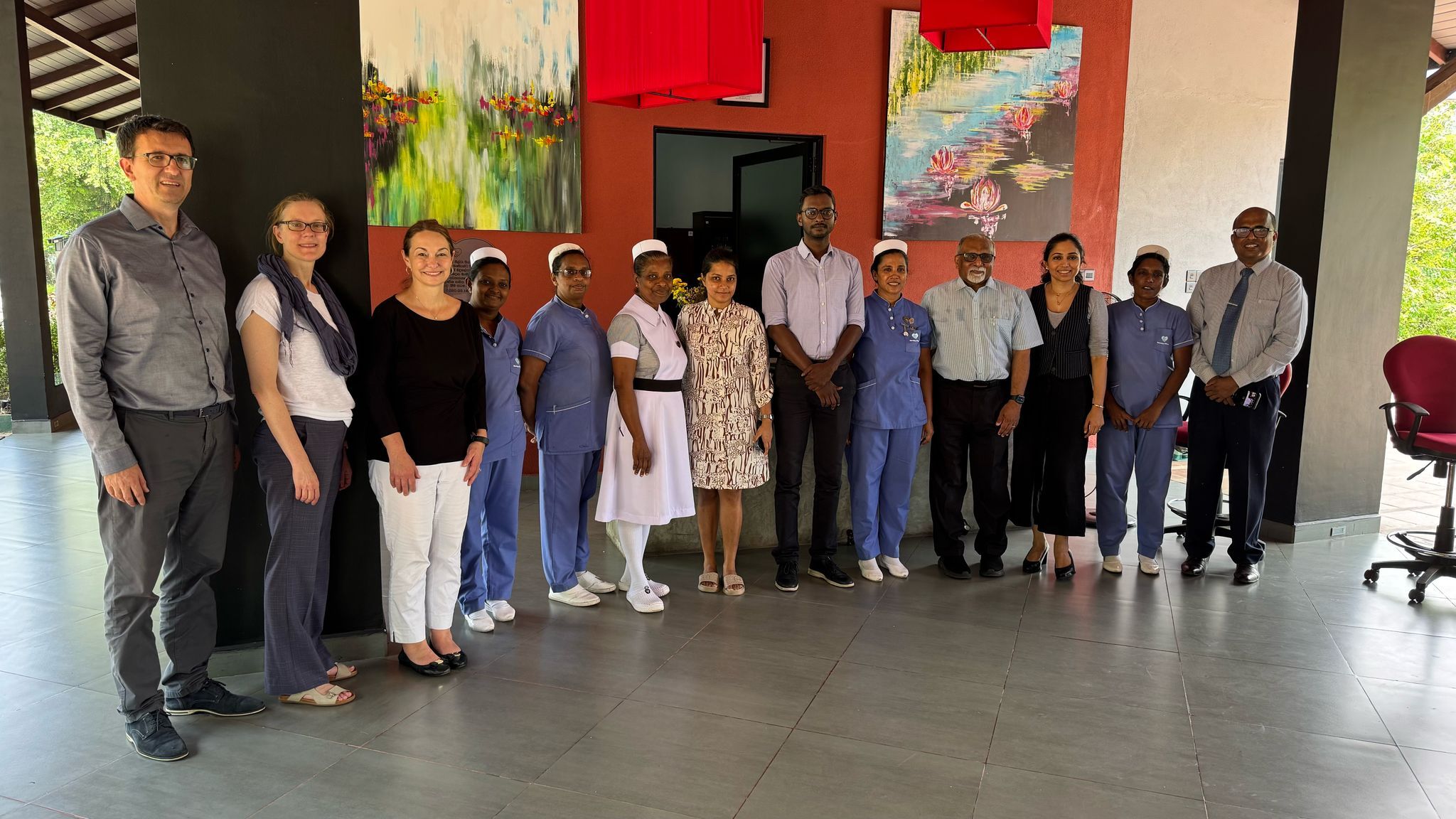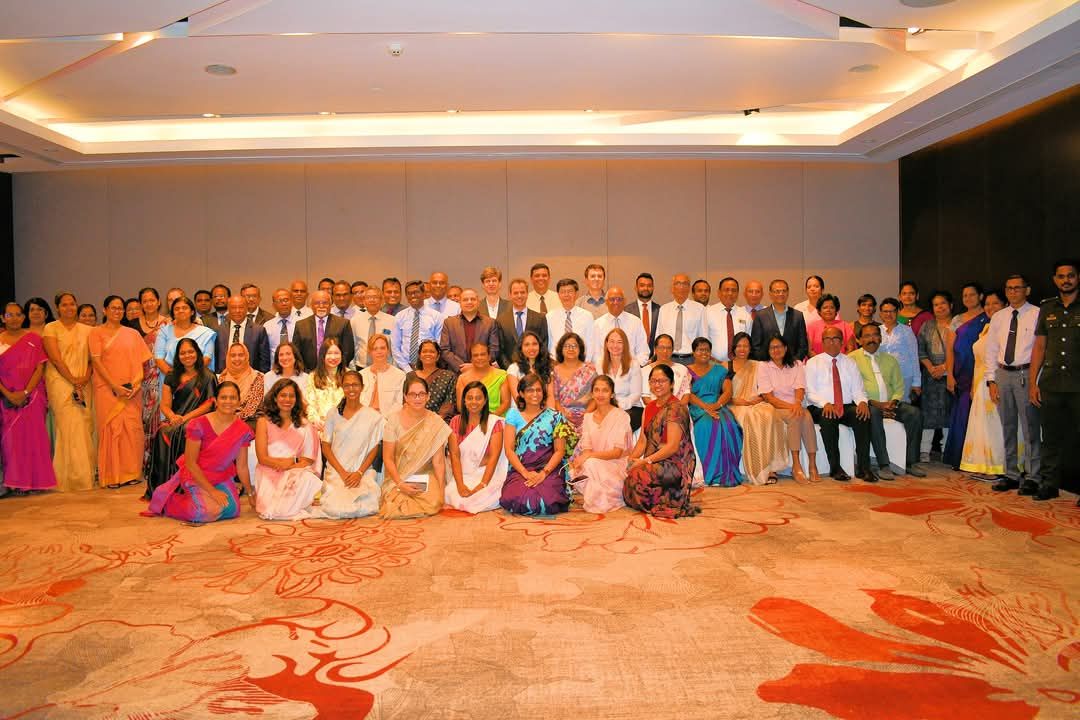An international review has found that Sri Lanka has made strides in cancer control in the past five years, boosting vaccination against the human papillomavirus (HPV) and cervical cancer screening, and expanding access to treatment services and palliative care. The country now plans to address a growing burden of oral cancers and to reinforce childhood cancer programmes as part of its upcoming health strategy.
The imPACT review, concluded in March 2025, was carried out jointly by the IAEA, the World Health Organization (WHO) and the International Agency for Research on Cancer (IARC), with technical engagement from St. Jude Children’s Research Hospital and the MD Anderson Cancer Center in the United States of America.
The review covered Sri Lanka’s capacities and progress in cancer management since a previous assessment in 2019, which laid the groundwork for the National Strategic Plan on Prevention and Control of Cancer (2020-2024).?
The 2025 review team comprised 17 international experts nominated by the three organizations. Evaluation areas, as identified by the Sri Lanka Ministry of Health, included prevention initiatives at the primary care level, early detection initiatives, cancer services at major hospitals, and oncology workforce capacities and needs.
“We noted key areas of progress in the past five years across the continuum of care, including in prevention and access to treatment services,” said Arsen Juric, IAEA Programme Officer and imPACT review team leader. First dose HPV vaccination coverage surpassed 90% and cervical cancer screening exceeded 50% in 2022. Advancements were also made in clinical services, including the installation of new radiation therapy machines and the establishment of outpatient chemotherapy services. Palliative care consultation services are now available in 11 institutions, with 230 public health nursing officers providing palliative home care.?
“The recommendations from the review are timely and will help to inform the new National Strategic Plan on Cancer Control, set to take effect from 2025, as well as the National Health Strategic Master Plan 2026-2035,” said Asela Gunawardena, Director General of Health Services at Sri Lanka’s Ministry of Health and Mass Media. “The journey ahead is critical, as Sri Lanka works to combat a growing burden of cancer and to improve health outcomes for its population,” Gunawardena added.



